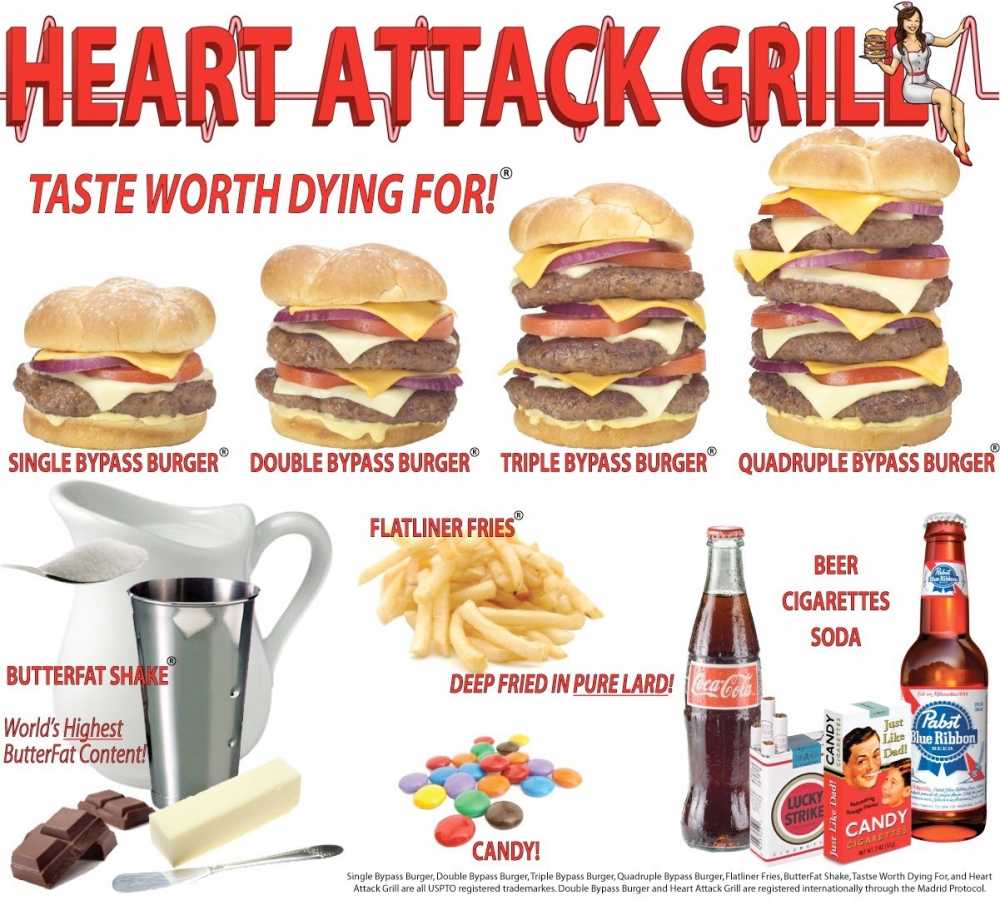Why doesn’t anyone remember what you say? Simple. You don’t use the right words.
If you think you should impress somebody by using technical or complicated phrases, well, you are wrong. Your words are doomed to be either forgotten or ignored by others.
So, what can you do to make your ideas stick and your messages unforgettable? Here you will find the recipe—it is called the SUCCESS framework:
- Simple
- Unexpected
- Concrete
- Credible
- Emotional
- Stories
Simple
Simplicity is the queen of communication. Use simple words and phrases. Get to the point. Communicate the essential message. Everything else is noise and distraction.
Example
“Just do it.” (Nike)
“You’re in good hands.” (Allstate Insurance Company)
Unexpected
Surprise people, and break the usual scheme or pattern. Be a “communication rebel”, just a little.
Example

Concrete
Be concrete and specific. Use sensory language: words that people can touch, see, and smell.
Example
“This nation should commit itself to achieving the goal, before this decade is out,
of landing a man on the moon and returning him safely to the earth.” -Kennedy
Credible
It is not only the message that counts, but the speaker. Your accountant is not as credible as your doctor when giving advice about how to lose weight. Apart from your qualifications and job, make your language match the audience and subject. If you consult clients about investing their money in stocks, you must sound serious and in control. It is not the best moment for being funny and making jokes. Another great way to increase your credibility is showing testimonials and proofs of what you say.
Example
Showing pictures of people before and after a diet.
Emotional
Make me thrill, make me smile, make me cry. Get people emotionally involved. Use images and evocative language to make people feel excited, happy, or scared.
Example

Stories
Data, numbers, and statistics—you can use them if you want to sound boring and lose people’s attention. Tell a story. It’s more effective and easier to remember than data. Your listeners can put themselves into others’ shoes and see themselves in the story.
Example
Subway used the story of Jared Fogle in a successful marketing campaign. Fogle lost around 200lbs after eating Subway for 15 years. The message is simple: eat Subway, exercise, and you will be healthy and sound.

In conclusion, to make your ideas stick and your message memorable, use simple and concrete words, tell a story, elicit emotions, be credible, and surprise people.
Dr. Andrea Miriello
Business Psychologist
Consultant, Business Coach, and Trainer

